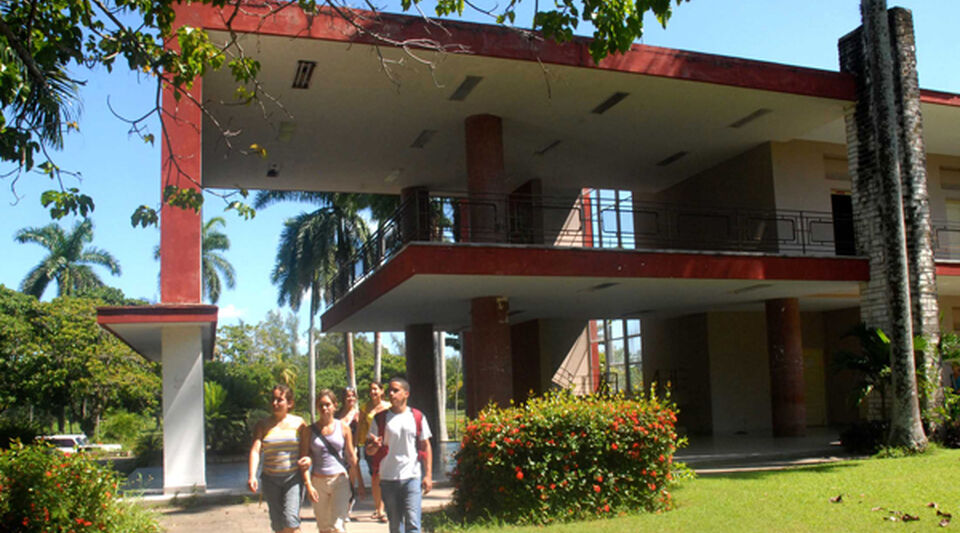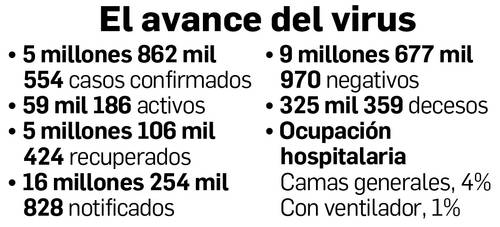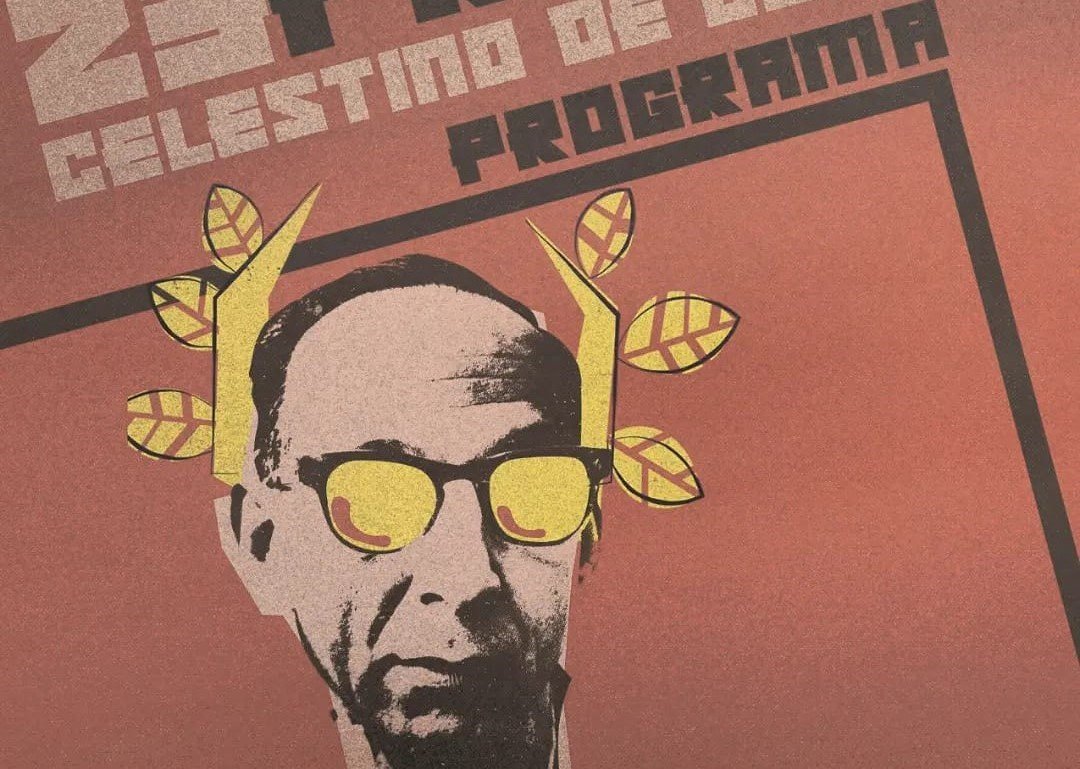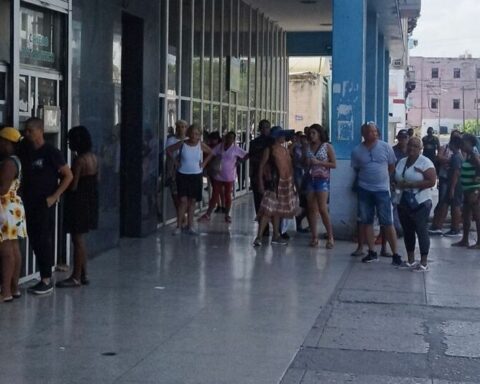The majority of university students in Cuba were born between 1998 and 2003. According to Granma, The Ministry of Higher Education reported that the preliminary registration for the 2021-2022 academic year was 292,507 students, distributed in the 50 Cuban universities and their 113 careers. The most prestigious centers existed before the Revolution: the University of Havana (UH), the University of Oriente (UO) and the Marta Abreu de Las Villas Central University (UCLV).
This last house of high studies is located on the outskirts of Santa Clara, to the northeast. Its buildings are isolated from the city, obeying the idea of the university as a “protected space”. Students and teachers must travel to Santa Clara in “scooters”, vehicles with six to eight seats, which are accessed after a long queue. Those who cannot pay them must wait for route 3, a bus that is already full and whose drivers very often evade the stop. The UCLV campus is bright and spacious. Seen from the sky, the three main buildings form the word LIGHT.
14ymedio He talks with one of the UCLV students about the daily life of university students in Cuba, economic precariousness, transportation problems, the scholarship situation and the desire to emigrate.
Ask. What is it like to be a university student today, in Cuba? Do you feel that you are “achieving something”, moving forward, building your future?
Response. One of the most difficult things to be today in Cuba is a student, especially a university student. In this country, money is essential to live, and the little that the university gives us is enough, if we are thrifty, for two weeks. To all this is added that, despite the fact that many of us are studying careers that we like, that we really wanted, we do not see any future for ourselves.
The university student in Cuba does not differ too much, economically, from the rest of the people, which is why the majority after finishing their university career, the only thing they have achieved is “a piece of paper to hang on the wall” and they must work at something completely different from what he studied.
The university student in Cuba does not differ too much, at an economic level, from the rest of the people, which is why the majority after finishing their university career, the only thing they have achieved is “a piece of paper to hang on the wall”
P. Tell me about the scholarship. How is your day normally at the university?
R. The scholarship is quite an adventure. From early on, we must try to ensure that educational instructors do not discover any appliance that we bring from our homes. It is forbidden to cook in the scholarships because “the electrical wiring is not enough for that”.
Nor can we have water heaters, the bathroom must be with cold water, either in summer or winter, and whoever has one has to hide it or risk being expelled from the scholarship indefinitely. Not to mention the “great taboo”: you can’t have people of the opposite sex in your building (despite all being of legal age), nor can you play music “loudly”.
P. Do you feel watched? Are there sneaks in your classroom or among your teachers? What role do the FEU and the UJC play in the life of the university?
R. What Cuban does not feel watched every day? It is better to talk about political or disagreement issues in the privacy of the room, or better yet, not talk about them if you do not know the person next to you well. I don’t think there are snitches in my classroom, I’m not sure among the professors, but there are some who hold positions on the faculty board. The FEU and the UJC at the university are practically ghosts for the real needs of the student body. When they are only heard is when it is “necessary” to hold a meeting or to organize a political activity.
Nor can we have water heaters, the bathroom must be with cold water, whether in summer or winter, and whoever has one has to hide it or risk being expelled from the scholarship indefinitely.
P. How is the quality of university teaching? Is there a lot of ideology in the contents and lesson plans?
R. The quality of teaching varies. There are professors with doctorates who strive to really teach you everything you have to learn in the degree and more, to mediocre masters who strive to give the most boring and useless classes you can imagine. Ideology is our daily bread with most teachers. At any time that is possible, “ideological work” must be done with the students because apparently three subjects of Marxist theory, full of seminars and conferences ideal for the student to paraphrase like a machine what the professor says, are not enough.
P. How much money do you need per week and for what?
R. As they say: “education is free, but it costs.” Theoretically it is possible to live in the university without paying any money other than for transportation (and with that we are already talking about a lot of money, depending on where you live, and in my case it can go from 30 to 150 pesos on each trip).
Now, it’s impossible to survive the intensity of college life on just the food in the canteen, which is honestly demeaning. A simple coffee already costs 5 pesos, but a decent meal can approach 100 pesos. Calculating all this, it would take more than 300 pesos a week, of course, only if you go to the dining room and dispense with many things such as going out to a party with your colleagues. The student stipend ranges from 200 to 400 pesos, depending on the year you are studying.
Very few still hold the idea that young people should be the ones to drive change in this country, mostly using social networks to express their opinion
P. The Cuban university was always restless and modern. Students used to be the first in demonstrations and protests. The Revolution seems to have put an end to that. How do Cuban university students think today? What is said about the situation in the country and the political prisoners?
R. Cuban university students, for the most part, just try to calmly pass through what are supposed to be the best years of their lives. Studying to achieve good grades, have their degree and see what they work on later, enjoy as much as they can with their classmates, roommates or the friends they make on campus, and avoid as much as possible everything that can hinder this routine.
Others simply support whatever injustice happens in the country, or at the university. And very few still hold to the idea that young people should be the ones driving change in this country, mostly using social media to express their opinion, despite the problems this may cause them in college.
As I told you that one of the main functions of the university is the ideological work with the students, I tell you that the university is one of the few places where, if you are not aware by your own means, either by the official press or the independent one, of the situation of the country, you are not going to find out about anything that happens abroad.
I remember that when the San Isidro Movement happened, none of my colleagues knew what was happening in the country until we got home. Only when it reached the great magnitude that it had was that the university director turned all their efforts to “explain” to us what was happening. In other words, let us know what we should think or say in case we wanted to comment on the subject.
It is incredible how there are still young people who blindly believe in everything that the Government or the university tells them
P. What do you think when you see someone your age becoming a propagandist for the regime?
R. You have no idea how much that question is debated in college. It is incredible how there are still young people who blindly believe in everything that the Government or the university tells them. It is inadmissible for many of us that those who are going through the same work as us have enough cynicism to say with total confidence that the country is advancing, that it is opening its ideology or, as they told me, that “it is beginning to accept the voice of dissent”.
P. Do you read independent press? How do you know what really happens in Cuba? Do you watch the news or do you follow any program, like edged either The amazed pupil?
R. Until recently I had no contact with anything that was happening in the country, honestly, but for a couple of years I have followed some independent press newspapers. The demonstrations that have occurred in Cuba have forced me to look for media that were not official to understand what was really happening and why it was happening, things that the news definitely did not report.
Since I spend the week on the scholarship, I could only watch the news on the weekends, and even then, most of the time I turn down the volume on the television so I don’t have to hear the barbarities that “report”. Not to mention shows like edged either We make Cuba that are the worst that has been done in this country, programs that feed on all the false news that exists, most of them created by themselves, or to defame journalists and independent media with a single justification: “In reality they are paid by the CIA to say that.”
P. Would you leave Cuba to study or work elsewhere? You would stay? What future do you see for yourself?
R. If you ask that question of most young people in this country, college or not, the answer will be yes, they would leave. In Cuba, no conscientious young person sees a future in which he can feel fulfilled, in which he can practice his profession and live from his knowledge, from what he has been studying for years, when most were already working and making small fortunes working as self-employed. I don’t think anyone who gets the opportunity to leave, even for a limited time, will turn it down.
The future that I see for myself in this country is quite uncertain, perhaps I will be lucky and be one of the few who can exercise their profession, although I very much doubt that I will feel that I have achieved something in my life; Perhaps, on the other hand, he will have to be part of the great group of Cubans who spent their youth studying just to have the knowledge and not to live on it. I don’t know, we’ll have to wait until this university adventure is over to see what awaits me at the end of the tunnel.
________________________
Collaborate with our work:
The team of 14ymedio is committed to doing serious journalism that reflects the reality of deep Cuba. Thank you for joining us on this long road. We invite you to continue supporting us, but this time becoming a member of our journal. Together we can continue transforming journalism in Cuba.








